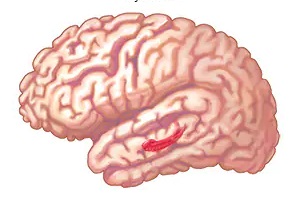
According to the US based Alzheimer’s Association, Dementia “is a general term for loss of memory, language, problem-solving and other thinking abilities that are severe enough to interfere with daily life”.
There are different brain conditions falling under the broad umbrella of dementia. These can be broadly grouped into three as follows (see figure 1);
Alzheimer's disease – a disorder caused by damage to cells of the brain, is the most common type of primary (irreversible) dementia accounting for 60 - 80% of cases. The disorder is progressive and chronic and cell damage is common in some certain brain.areas.
Other relatively uncommon types of primary (irreversible) dementia include Frontotemporal dementia (FTD), Parkinson’s diseases dementia (PDD), Lewy Body Dementia (LBD), Huntington’s Dementia, etc.
Vascular dementia, which occurs due to minute (micro) bleeds and blood vessel blockage in the brain is the second most common cause of dementia generally and the commonest cause of secondary (irreversible) dementia, accounting for about 20% of cases.
Systemic conditions like thyroid disease, vitamin deficiencies, infections like HIV/AIDS, and alcohol abuse are common causes of secondary (reversible) dementia.
Generally, primary dementias have consequences that are permanent and worsen over time, secondary dementia conditions may improve when the underlying cause is identified early and treated.
The burden of and mortality from dementia is reportedly rising steadily across Africa with a prevalence of 2.3% to 20% and an incidence rate of 13.3 per 1000 person years. So any African above the age of 40 years need to pay attention to this brain health killer.
Figure 1: Classification of Dementia
The symptoms and signs of dementia can vary greatly, depending on the type and the stage of the disorder.
Common examples seen in most patients with Alzheimer’s dementia especially include problems with:
This is more common with new memory and usually causes misplacement of properties, disorientation and confusion.
This usually causes monetary loss due to over-paying and scams.
This usually causes unnecessary debt accumulation and collection harassments.
This causes poor feeding and food and energy deficiency (i.e. poor nutritional status).
This usually results in poor health and social isolation.
This often causes missing person report by family members.
Regardless of the type of dementia, evidence abound to affirm that there are several things you as an African should be doing to cut your risk and progression of the condition. These are summarized briefly below.
10 things Africans should be doing to lower dementia risk
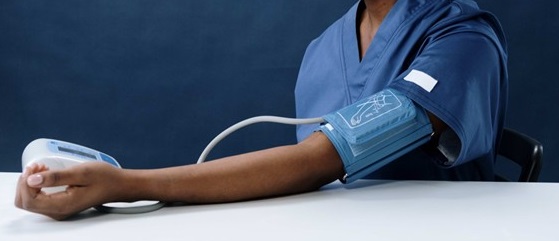
A high blood pressure increases your risk of heart attack, stroke, dementia and other brain health impairments. So aim to keep your systolic blood pressure (i.e., the upper number) at 130 mm Hg or lower from around age 40. If your upper blood pressure number is consistently higher than 130 mm, talk with your doctor.
.jpg)
Hearing impairment increases dementia risk. So if reduced hearing is noticed, talk with your doctor to check the problem out and for the possibility of getting a hearing aid.
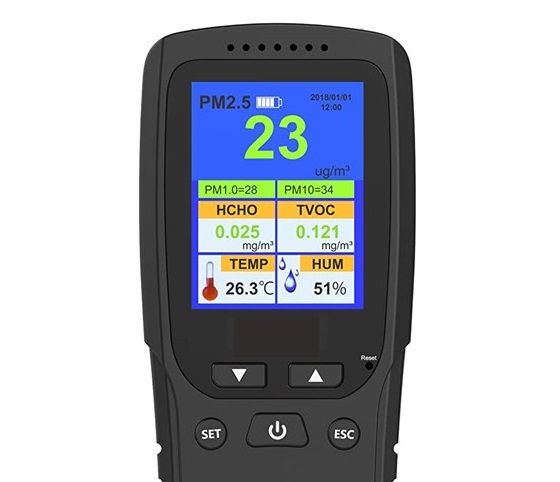
Poor air quality has been linked to higher dementia risk. So check the air quality in your home regularly with an air quality meter. They are available online and may be in your local hradware or home improvement store. Also consider buying suitable air filters for your home if needed, to improve your home's air quality. Lastly, be an advocate for clean air in your community.
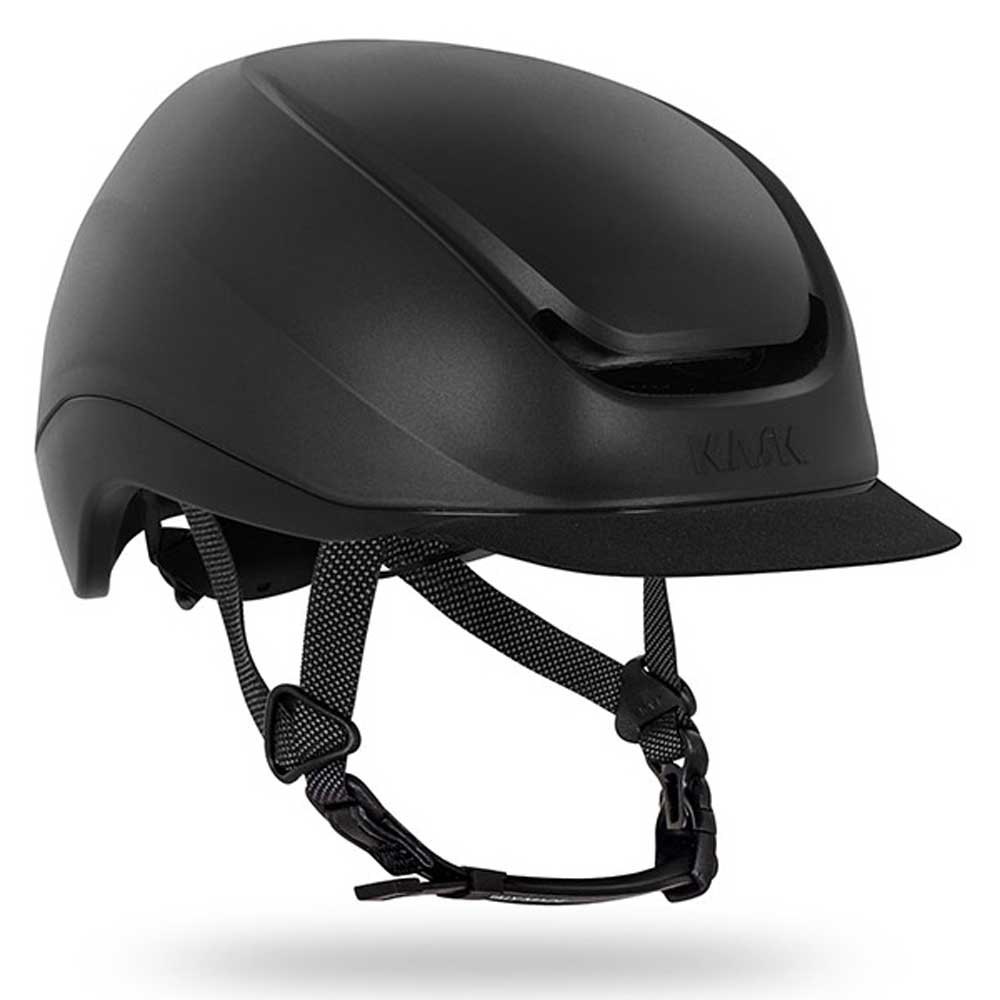
Head injury disrupts normal brain functions. So it is important to always wear a helmet when working construction, riding a bike and playing contact sport. Also always wear your seat belt when riding in a car. See a doctor early if you suffer head trauma no matter how trivial you think it is.

Smoking is known to put you at high risk for heart attack, poor lung function, and stroke. Also, alcohol misuse is known to cause damage to the brain and increase dementia risk. So, if you smoke, stop. Also limit alcohol use to a drink a day or less.

Engage in hobbies, reading, doing puzzles, and learning something new, etc. These help to challenge your mind and strengthen your brain networks.
.jpg)
Isolation worsens dementia risk. Keep in touch with families, friends and associates as convenient. Volunteer and or join community action groups. Stay engaged.

Eat a heart healthy diet that supports brain health with good daily portions of vegetable, fruits and healthy fats. Exercise daily in moderation (e.g., walking, riding a stationary bike, treadmill, yoga, swimming, playing tennis, etc.) for at least 30 minutes per day. These help to improve your brain health and guard against unhealthy weight gain while lowering your risk for high blood pressure, diabetes and high cholesterol.
.jpg)
Daily quality sleep helps to refresh and restore brain and overall body health. It also strengthens memories and the ability to learn new skills.
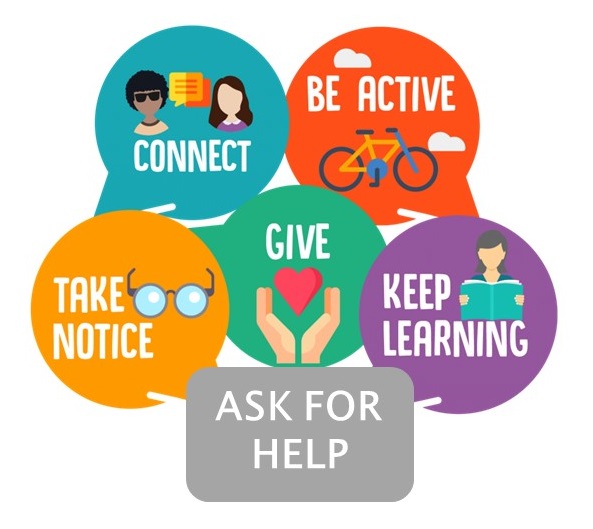
Be sure to maintain balance in your life, through engagement in appropriate hobbies as well as physical, social and spiritual activities as suit your lifestyle. Reduce work, financial and relationship stress and engage with your circle of friends, family and associates. Talk with your doctor early if you’re concerned about feeling depressed.
Your brain health is very important. Look after it!
Resources:
Akinyemi, R.O. et al.: Dementia in Africa: Current evidence, knowledge gaps, and future directions. Alzheimer's and Dementia. Vol 18 (4). 2021. 490 - 809. doi.org/10.1002/alz.12432 (Abstract).
Published: March 1, 2023.
© 2023. Datelinehealth Africa Inc. All rights reserved
DATELINEHEALTH AFRICA INC., is a digital publisher for informational and educational purposes and does not offer personal medical care and advice. If you have a medical problem needing routine or emergency attention, call your doctor or local emergency services immediately, or visit the nearest emergency room or the nearest hospital. You should consult your professional healthcare provider before starting any nutrition, diet, exercise, fitness, medical or wellness program mentioned or referenced in the DatelinehealthAfrica website. Click here for more disclaimer notice.